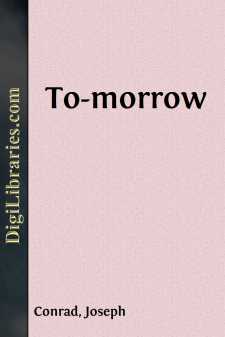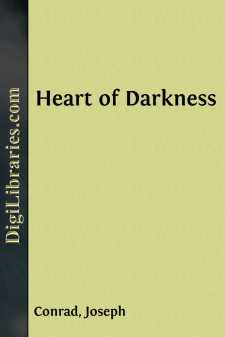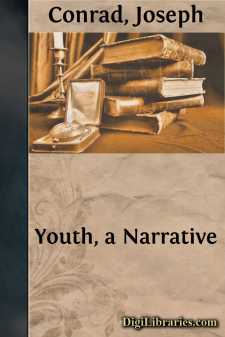Categories
- Antiques & Collectibles 13
- Architecture 36
- Art 48
- Bibles 22
- Biography & Autobiography 816
- Body, Mind & Spirit 145
- Business & Economics 28
- Children's Books 17
- Children's Fiction 14
- Computers 4
- Cooking 94
- Crafts & Hobbies 4
- Drama 346
- Education 58
- Family & Relationships 59
- Fiction 11834
- Foreign Language Study 3
- Games 19
- Gardening 17
- Health & Fitness 34
- History 1378
- House & Home 1
- Humor 147
- Juvenile Fiction 1873
- Juvenile Nonfiction 202
- Language Arts & Disciplines 89
- Law 16
- Literary Collections 686
- Literary Criticism 179
- Mathematics 13
- Medical 41
- Music 40
- Nature 179
- Non-Classifiable 1768
- Performing Arts 7
- Periodicals 1453
- Philosophy 66
- Photography 2
- Poetry 897
- Political Science 203
- Psychology 45
- Reference 154
- Religion 516
- Science 126
- Self-Help 85
- Social Science 82
- Sports & Recreation 34
- Study Aids 3
- Technology & Engineering 59
- Transportation 23
- Travel 463
- True Crime 29
Our website is made possible by displaying online advertisements to our visitors.
Please consider supporting us by disabling your ad blocker.
Victory An Island Tale
by: Joseph Conrad
Description:
Excerpt
On approaching the task of writing this Note for Victory, the first thing I am conscious of is the actual nearness of the book, its nearness to me personally, to the vanished mood in which it was written, and to the mixed feelings aroused by the critical notices the book obtained when first published almost exactly a year after the beginning of the war. The writing of it was finished in 1914 long before the murder of an Austrian Archduke sounded the first note of warning for a world already full of doubts and fears.
The contemporaneous very short Author's Note which is preserved in this edition bears sufficient witness to the feelings with which I consented to the publication of the book. The fact of the book having been published in the United States early in the year made it difficult to delay its appearance in England any longer. It came out in the thirteenth month of the war, and my conscience was troubled by the awful incongruity of throwing this bit of imagined drama into the welter of reality, tragic enough in all conscience, but even more cruel than tragic and more inspiring than cruel. It seemed awfully presumptuous to think there would be eyes to spare for those pages in a community which in the crash of the big guns and in the din of brave words expressing the truth of an indomitable faith could not but feel the edge of a sharp knife at its throat.
The unchanging Man of history is wonderfully adaptable both by his power of endurance and in his capacity for detachment. The fact seems to be that the play of his destiny is too great for his fears and too mysterious for his understanding. Were the trump of the Last Judgement to sound suddenly on a working day the musician at his piano would go on with his performance of Beethoven's sonata and the cobbler at his stall stick to his last in undisturbed confidence in the virtues of the leather. And with perfect propriety. For what are we to let ourselves be disturbed by an angel's vengeful music too mighty for our ears and too awful for our terrors? Thus it happens to us to be struck suddenly by the lightning of wrath. The reader will go on reading if the book pleases him and the critic will go on criticizing with that faculty of detachment born perhaps from a sense of infinite littleness and which is yet the only faculty that seems to assimilate man to the immortal gods.
It is only when the catastrophe matches the natural obscurity of our fate that even the best representative of the race is liable to lose his detachment. It is very obvious that on the arrival of the gentlemanly Mr. Jones, the single-minded Ricardo, and the faithful Pedro, Heyst, the man of universal detachment, loses his mental self-possession, that fine attitude before the universally irremediable which wears the name of stoicism. It is all a matter of proportion. There should have been a remedy for that sort of thing. And yet there is no remedy. Behind this minute instance of life's hazards Heyst sees the power of blind destiny. Besides, Heyst in his fine detachment had lost the habit of asserting himself. I don't mean the courage of self-assertion, either moral or physical, but the mere way of it, the trick of the thing, the readiness of mind and the turn of the hand that come without reflection and lead the man to excellence in life, in art, in crime, in virtue, and, for the matter of that, even in love. Thinking is the great enemy of perfection. The habit of profound reflection, I am compelled to say, is the most pernicious of all the habits formed by the civilized man....












